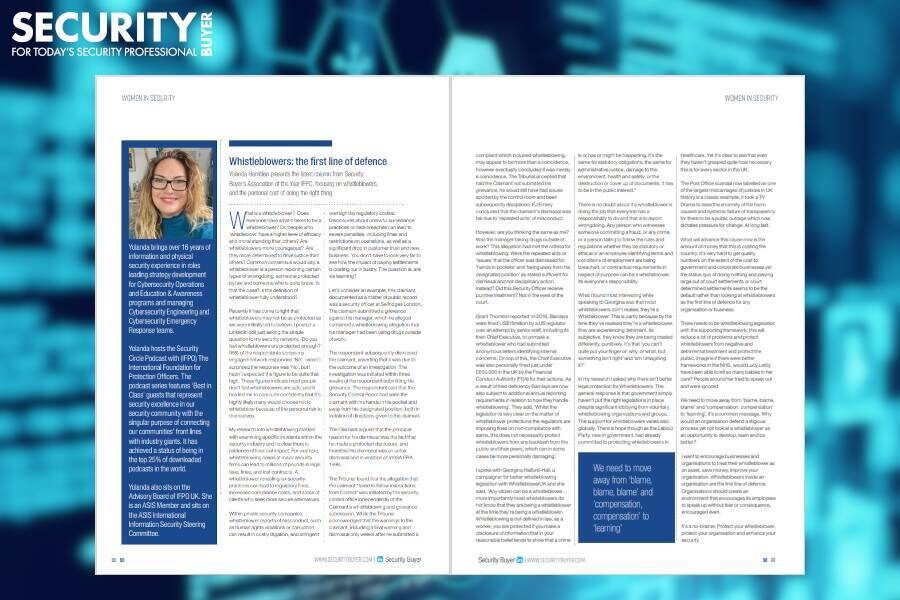 The senior national co-ordinator for counter-terrorism claims police in the UK are foiling terrorism plots as big as July 7 on a daily basis.
The senior national co-ordinator for counter-terrorism claims police in the UK are foiling terrorism plots as big as July 7 on a daily basis.
Deputy Assistant Commissioner Stuart Osborne, the country’s second most senior terror officer, has said that threats remain “substantial” and that danger is constantly changing as Islamic militants inspired by al Qaida are now planning in smaller groups in an attempt to avoid detection.
Osborne said that every year investigations are uncovering plots in the UK that have the potential to be as big as July 7 2005, which saw a co-ordinated attack by four suicide bombers linked to al Qaida kill 52 people and injure over 700 more on the London transport network.
“The UK threat as we stand today remains at substantial, which means that a terrorist attack remains a strong possibility and could occur without warning,” he warned. “On average we’ve probably had about one potential attack planned with intent to create something similar to July 7 every year.”
Osborne outlined a growth in would-be-jihadists working in small groups after returning from overseas training to mastermind plots within the UK. Only last month three would-be suicide bombers from Birmingham were found guilty of a failed terror plot that had ambitions of rivalling the July 7 bombings.
He added: “Some who have been trained actually are becoming quite self-motivated, they are beginning to plan in small groups which are hard to detect.
“There is no doubt that the big sophisticated 9/11 or 7/7 type plots are much harder to organise, they did need a lot of overseas direction, and some of the al Qaida leadership have said that’s good if you can do it, but if not any attack whatever you can do at whatever size is useful.
“We are seeing more small groups getting together at shorter notice and more people wanting to do things without that broader command and control.”
Recent figures released from the Home Office showed there were 245 terrorism arrests in the year to September 30 2012 – which was a 60 per cent increase on the previous year’s figure of 153.
Of those arrested in the 12-month period, 45 people were charged with an arrest and 10 of these were then convicted of a terrorism-related offence.



























